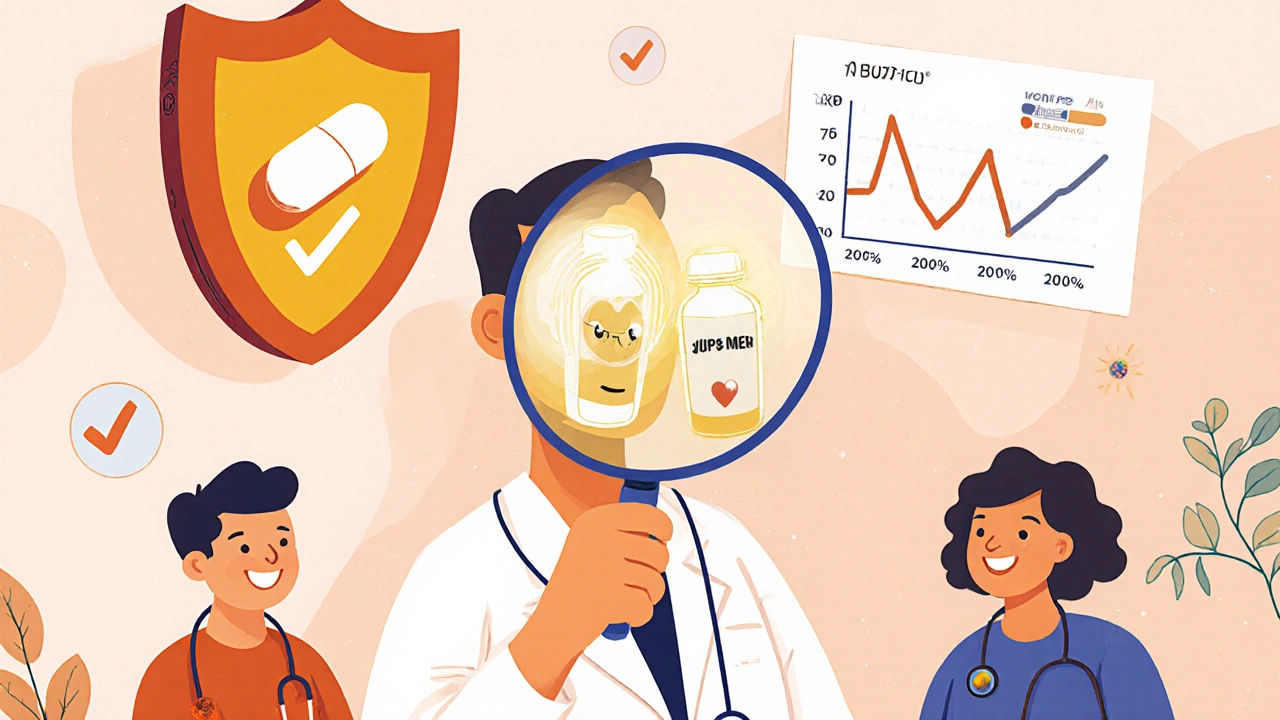Medical Education: What You Need to Know About Drugs, Diseases, and Treatment Decisions
When it comes to your health, medical education, the practical understanding of how drugs work, why side effects happen, and how to navigate treatment options. Also known as patient pharmacology literacy, it’s not about memorizing textbooks—it’s about making smarter choices every time you open a pill bottle or talk to your doctor. Most people don’t realize that the same drug can work completely differently for two people, not because of luck, but because of how their body processes it, what else they’re taking, and even how their insurance negotiates prices behind the scenes.
Real medical education means knowing the difference between a delayed drug reaction, a dangerous immune response that shows up days after taking a medication, like DRESS or Stevens-Johnson Syndrome and a normal side effect. It means understanding why generic drugs, the same active ingredient as brand-name pills but often priced 80% lower can still cost more than cash if your insurer uses accumulator programs. It’s knowing that neurological rehabilitation, targeted therapy for conditions like ataxia or Huntington’s disease isn’t just physical exercise—it’s retraining your brain to compensate for damaged pathways. And it’s realizing that your medication list, a simple paper or digital record of everything you take, including doses and times could be the one thing that prevents a hospital visit when you see a new doctor.
You don’t need a medical degree to understand why grapefruit ruins your statin, why low ferritin causes restless legs, or why a copay card might leave you paying thousands later. These aren’t mysteries—they’re facts buried in fine print, marketing, or outdated doctor advice. The posts here cut through the noise. You’ll find clear comparisons between Keppra and Lamictal, Vilitra and Cialis, Keflex and amoxicillin. You’ll learn how cleanrooms ensure your generic pills aren’t contaminated, how FDA changes in 2023-2025 affect drug availability, and why authorized generics keep prices high even when patents expire. This isn’t theory. It’s what happens in real clinics, pharmacies, and living rooms when people finally ask the right questions.
Whether you’re managing a chronic condition, caring for a loved one, or just tired of being handed prescriptions without context, this collection gives you the tools to push back, ask better questions, and take real control. No fluff. No jargon. Just what works, what doesn’t, and why.
Medical Education on Generics: Do Doctors Learn Equivalence?
Despite generics making up 90% of prescriptions, many doctors lack training on bioequivalence. Learn why medical education fails to build trust in generic drugs - and what’s being done to fix it.
View More
